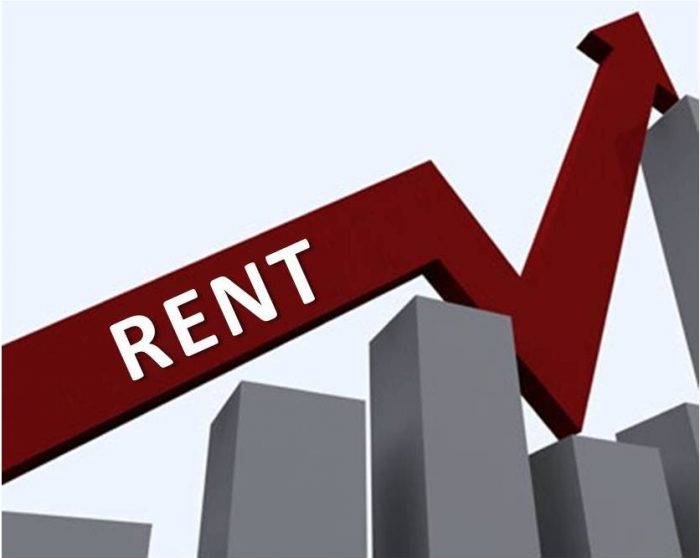
Escalation 2018, Are You Ready? Escalation 101- The New Year is here and if you are an office tenant your escalation invoice will soon be on its way. Office tenants with gross leases are responsible to pay their proportionate share of INCREASES in Real Estate Taxes and Operating Expenses over the Base Year (usually the first calendar year of the lease term) amount. When the escalation invoice arrives, it will often look like an official document, so most tenants simply prefer to pay it and move on. After all, who really understands this stuff anyway? If you want to be safe and decide to send the bill to your lawyer, he will confirm that the lease obligates you to pay escalation, and will then probably send you a bill for his time. If you send the bill to your accountant, he will probably tell you that he is in the middle of tax season, and with all the new tax law changes he really does not have the time to look at this now, but maybe after April 15th he can review the invoice for you—and then he too will probably send you a bill for his time. So, how can the average tenant learn how to read an escalation statement and feel secure? Escalation, like anything else, is not very complicated if you know the right questions to ask. To begin with, you should request that your landlord provide a breakdown of the operating expenses by category for the Base Year and the current Lease Year in question. If you don’t have these breakdowns, I suggest that you send a written request to your Landlord. For those of you who may not be familiar with a written request, this is where one types and then prints the request on a piece of paper and mails it in a letter sent to the Landlord via the United States Post Office. While text and email may be the currently preferred media of our millennials and beyond, I am suggesting that snail mail in this instance is actually superior when communicating with the Landlord. Once you receive these breakdowns, I suggest that you compare each category for the Lease Year Amount versus the Base Year to compare the percentage of increase or decrease. In this way, you can see if there is a trend of the increases and note if there are any particular categories that stand out as a anomaly which might demand an explanation. For example, if there is a large increase of more than 10 percent in any category, an explanation for the increase should be requested from the Landlord. Year to year, some categories like snow removal will vary depending on weather. Energy prices are down this year, so utility costs should be down too. If you note a large one-time expense like a new HVAC system, you might question whether the increase should be amortized over the useful life of the equipment rather that expensed in just one year. Your friendly Real Estate Advisor can be a valuable resource when it comes to reviewing escalation invoices. Many of them will be happy to review the invoice and show you the right question to ask. For a more complete explanation of escalation, I suggest you refer to my book “The Complete Survival Guide To Negotiating Office Space, Secrets Your Landlord Doesn’t Want You To Know”. Wishing you a successful and profitable 2018. Regards,
|
Categorised in: Escalation


